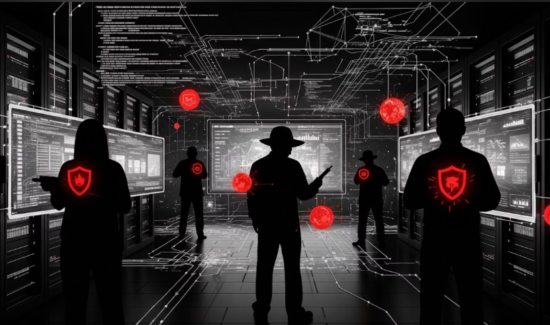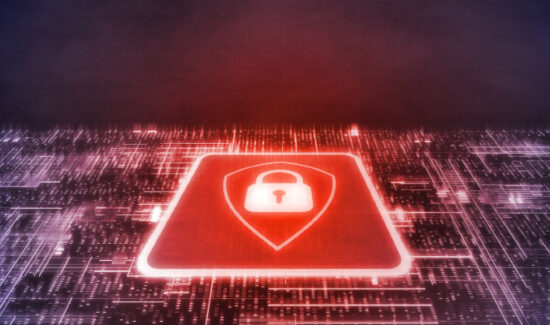4 Questions You Should Ask About Endpoint Security in 2021


What are the 4 questions you should ask about endpoint security in 2021?
Endpoint Security, while still essential to business cybersecurity, went through a sort of revelatory experience in 2020. The COVID-19 pandemic changed everything, including how businesses conduct their workflows and manage devices. Indeed, the need for companies to switch to remote work stretched resources thin, even if it helps slow the spread.
So employees began using more and more personal devices and mobile devices to conduct their work. Usually, they used an unsecured Wi-Fi connection which they shared with other unsecured devices and dangerous online activity via their families.
Obviously, this means that you need to interrogate your endpoint security policies. But what questions should you ask about endpoint security in 2021?
4 Questions on Endpoint Security 2021
Is Centralization or Decentralization the Right Path?
When we speak of cybersecurity and endpoint security, we often think of a centralized solution that provides an overview of the entire network and all connected devices. However, this centralization can create just as many visibility problems as it solves; often, centralized solutions can’t keep up with the demands of remote devices and workforces. Meanwhile, decentralized endpoint security might prove difficult to monitor but can scale and evolve more easily with mobile device connection.
So what will be the future of endpoint security? Which kind might suit your enterprise best? This requires your time and careful consideration to answer properly.
How Will Authentication Fit Into Your Endpoint Security?
So far, authentication hasn’t quite percolated into the endpoint security discourse; it has yet to become the most prominent feature of advertised endpoint protection platforms. However, that moment is coming.
Most cybersecurity experts agree that identity forms the true digital perimeter. Yet at the same time, the majority of breaches begin on the endpoint. Everyone agrees that antivirus and firewalls aren’t enough to prevent hackers, but ransomware cases continue to rise.
This dichotomy should motivate your business to think about your endpoint security in 2021.
How Will Endpoint Security Continue to Evolve with the Cloud?
Businesses began their digital transformation long before the pandemic. Yet the pandemic pushed more businesses to embrace cloud transformation faster than they thought possible.
With cloud transformation comes new security challenges, which endpoint security needs to meet. After all, the cloud is only dangerous as far as it intersects with devices used by people and programs.
Which devices can interact with what portions of your cloud workflows? Who can modify the cloud, and do those restrictions involve both users and devices? How does information flow to the cloud and back, and how is that data controlled?
You may notice that these questions about endpoint security in 2021 lead to new questions. That’s intentional; you need to seriously reflect and configure your endpoint security to fit your IT environment for optimal performance.
How Are You Working with Your Employees?
So endpoint protection platforms often feature email security, which can help prevent phishing attacks from reaching employees. However, it can’t possibly catch all phishing emails. So do your employees know how to spot a phishing email? Do they know a security communications change if they suspect an email might be phishing?
For the best cybersecurity, you need to work with your employees, as they represent your largest attack vector. So make education a priority in the coming year, especially if you plan to continue remote work (as you should).
To learn more, check out our Endpoint Security Buyer’s Guide.



















